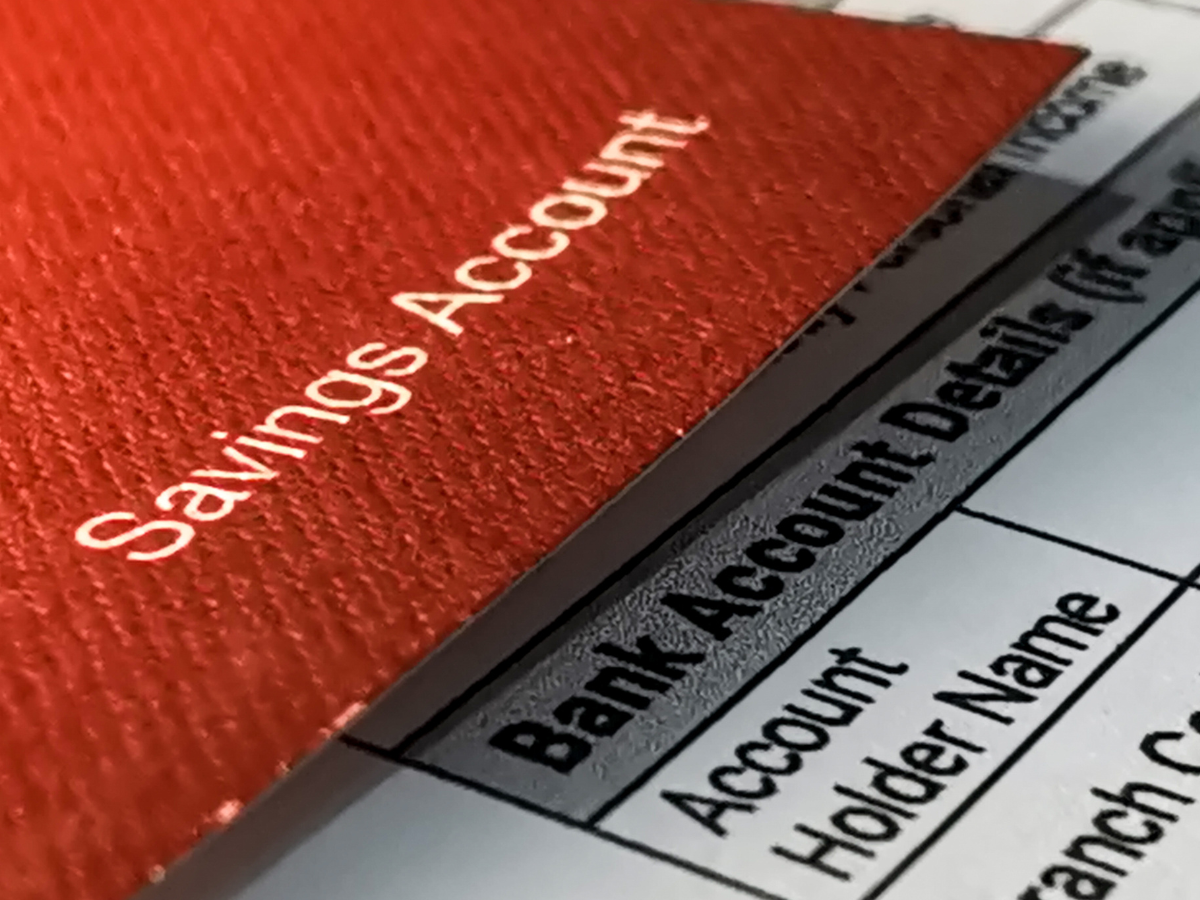Getting started with a business savings account

If you have accumulated more money in your business checking account than you need for daily operating expenses, congratulations! That is an excellent “problem” to have! It could be time to consider putting that money to work for you. A business savings account can help small business owners plan for the future and ensure financial security. It can provide a protected place to set aside funds, allowing you to save for a rainy day, prepare for less prosperous seasons, invest in new equipment, or take advantage of opportunities that may arise.
A business savings account can also provide you peace of mind, knowing that money is available when needed. In addition, access to higher interest rates and the ability to transfer funds quickly is a great way to help ensure greater financial security for the business.
Every banking institution is different when it comes to the features and benefits of its business savings offerings. We’ve assembled a list of common questions you may want to consider asking your banker before opening a savings account:
- Is your checking account interest-bearing, and if so, how does the interest rate compare to that of a business savings account?
- Is there an initial minimum deposit to open the savings account?
- What are the monthly fees for each type of account?
- What minimum balances are required in both checking and savings accounts so that fees are waived? And, would it be worth it to keep minimum balances?
- Are there withdrawal limits?
- What are the other benefits of having a business savings account with your institution?
- Is my money FDIC-insured, and if so, what is the cap?
Often, a bank will tie the checking and savings accounts together, and there will be a combined minimum balance that is lower than if either account was separate. For that reason, having your checking and savings accounts in the same bank might be more effective. Other common benefits include waiving overdraft fees, wire transfer fees, and NSF charges.
There are other types of interest-bearing accounts besides savings accounts, including money market accounts and certificates of deposits (CDs).
A money market account is a type of savings account that allows you to earn a higher rate of interest than a traditional savings account while also providing you with access to your funds. It may have check-writing privileges, but the withdrawals may be limited. Certificates of deposits, or CDs, typically pay higher interest rates than traditional savings accounts. Still, they tie up your money for a specified period, and steep early-withdrawal penalties exist.
Many institutions besides your primary bank are focused on savings accounts and will pay much higher interest rates. For example, online banks and credit unions typically pay a higher interest rate than a brick-and-mortar bank; however, the money may not be FDIC-insured, so be sure to read the fine print.
An additional benefit of keeping money in a separate savings account is that you can save for many things:
- A cushion for emergencies.
- Lump sum tax payments.
- Future capital expenditures.
Once you’ve set up your new savings account, consider scheduling recurring transfers to it so that you build up your savings balance.
A business savings account is a great way to ensure your business is prepared for unexpected costs, expenses, or growth opportunities. With a business savings account, you can put your unused funds to work, earning you higher interest than a checking account could. By incorporating a savings account that works for your business’s needs, you can feel more secure about the financial future of your business.
 New Business Direction LLC
New Business Direction LLC